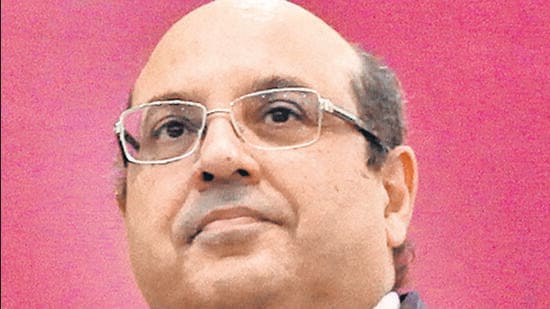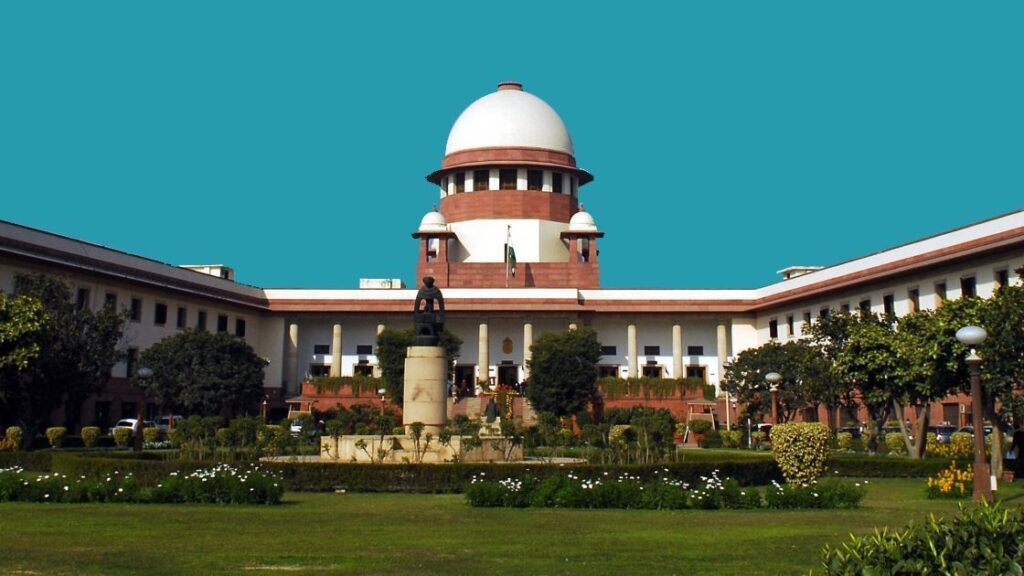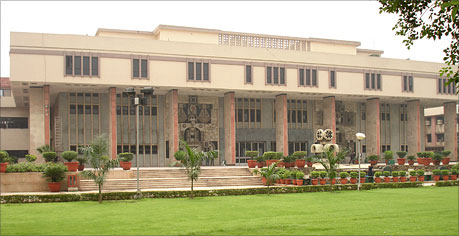
It is regrettable that the Supreme Court’s three judges overturned my prior verdict on PMLA bail: Retired Judge Rohinton Nariman
Last Updated on March 7, 2023 by Administrator
ISSUE- Justice Rohinton Fali Nariman, a retired judge of the Supreme Court, has criticised a recent ruling by a three-judge Supreme Court panel for maintaining certain strict sections of the Prevention of Money Laundering Act (PMLA), including the bail clause.
FACTS OF THE CASE- In his first Jitendra Desai Memorial Lecture on the subject of “Freedom of Speech: Modern Issues,” Judge Nariman made this statement. The Navajivan Trust in Ahmedabad, Gujarat, organised the talk.
Section 45(1) of the PMLA was invalidated to the degree that it imposed two extra conditions for release on bail in a decision rendered in November 2017 by a bench comprising Judge Nariman and Justice Sanjay Kishan Kaul. In order to demonstrate how the twin requirements were obviously arbitrary and discriminatory, the top court provided several examples before setting down further ones.
ARGUMENTS- The three-judge panel overturned Judge Nariman’s own 2017 decision, which had toned down the strict bail requirements of the PMLA, and he called it “extremely sad” since it has made it more challenging to get bail in money laundering cases.
According to Judge Rohinton Nariman, this would have a chilling effect on free expression since the government will be free to deploy coercive tools like the Income Tax Department and Enforcement Directorate.
India, according to Judge Rohinton Nariman, is at a crossroads where opposition is merely symbolic and the media no longer challenges the administration as it once did. We are all aware of these facts. While not explicitly stated, they are facts.
REASONING- He continued by saying that even if the conviction rate may only be 0.2%, there is still no chance of being found guilty and that you will not be released on bond.
According to the Court, Section 45 is a clause that negates the presumption of innocence and may only be sustained in the presence of a strong state interest.
PROVISIONS USED IN THE CASE- Section 45 ofPrevention of Money Laundering Act (PMLA).
WRITTEN BY- NIKITA SHANKAR




